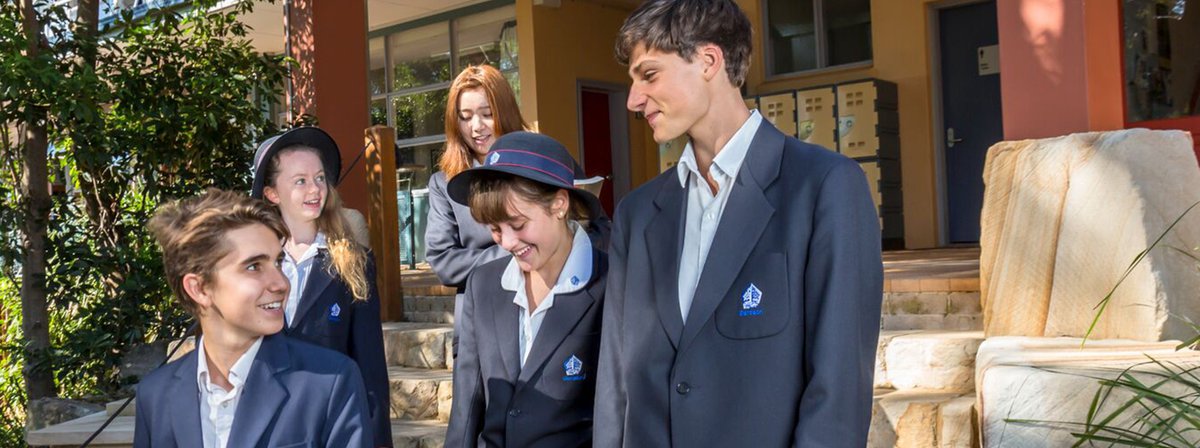
As well as physical health, play is profoundly important for mental and emotional health. The child lives in a world where the definitions of the adult mind are yet to fall into place with their inexorable force. A chair is a chair to us as adults, and only a chair. To the child it may be many things, whatever their imagination can make it to be in their world of play: a horse, a rocket ship, a fire engine, a fortress…whatever will serve the creative vision of the play scenario they are enacting. This wonderful time of childhood play is a world of infinite possibility, where the definitions of the adult world are overturned and a self-directed creative vision is lived out.
It is also our first form of learning, as we process our impressions of the world. When the 4 to 6 year old sees something new in their environment, their impulse is to turn it into play, to act it out and thereby internalise their new knowledge of the world through play. In childhood play we are possibly the most creative we will ever be. The world is without definition and we are able to create a universe of possibilities. Imaginative play nourishes the child’s inner self, and provides a platform of creative possibility that is a foundation for all later life. No wonder there are calls to preserve play in childhood. At Glenaeon we ensure play is a fundamental in our Kindergarten and early classes, and support all educators who advocate for a healthy dose of play in every child’s life, educators such as Sir Ken Robinson below.
Our children are being incarcerated: why schools must preserve play
Jordan Baker SMH June 3 2019
Creativity in education advocate Sir Ken Robinson says children are being "incarcerated" indoors as schools and communities cut down on play. Sir Ken, who will address the Edu-TECH conference in Sydney this week, said his recent work on an international commission into play revealed many children spent less than an hour a day engaged in unsupervised activity, and some none at all.
"This is an appalling situation," he said. "Our kids are being incarcerated. One of the reference points we made is that protocols of the treatment of maximum security prisoners is that they spend two hours outside." Play was vitally important for all young people, he said. "Play is not frivolous," he said.
"Playtime is not a waste of time. It's important to our physical and emotional development. Around the world there is a play deficit."
Sir Ken, who is famous for arguing that schools kill creativity, said physical education should be given as much emphasis as maths, science and humanities.
"There are conditions under which children do well, and conditions under which they do less well," he said. "It's a moral as well as a political responsibility to make sure there is a balance."
In the wake of major glitches in the NAPLAN online test last month, Sir Ken also urged policy-makers to re-think standardised testing, and their emphasis on international tests such as Programme for International Student Assessment (PISA). He argued politicians' perceptions and international league tables created by PISA had lead to countries "squaring up to each other, in many ways, over their strategies to raise standards in literacy, maths and science.
"The main driver here is an economic analysis, about the sorts of ways in which education helps to improve economic and productivity output and competitiveness. The second is this idea that standards can be raised through better testing.
"Both these ideas are flawed and don't serve our children or our communities well. [It's] McNamara's fallacy - a tendency to make the measurable important, rather than the important measurable."
Sir Ken argued that schools need to get back to basics and review their four foundation pillars; curriculum, or what children should learn, fostering strong teaching, quality assessment and strong school cultures.
"The values that the school exemplifies, its relationships with the broader community, links with business, the cultural sector, families, are all vitally important parts of how they do their job," he said. Sir Ken is an adviser to governments, schools and not-for-profits on education in the arts.




